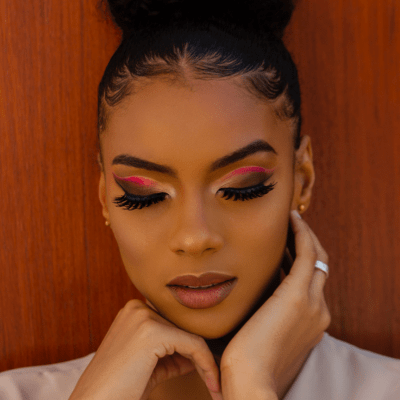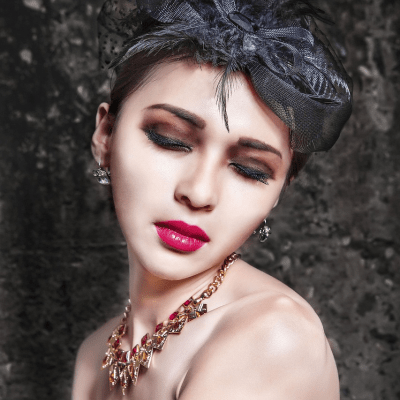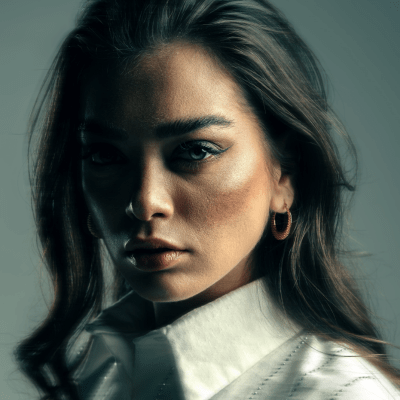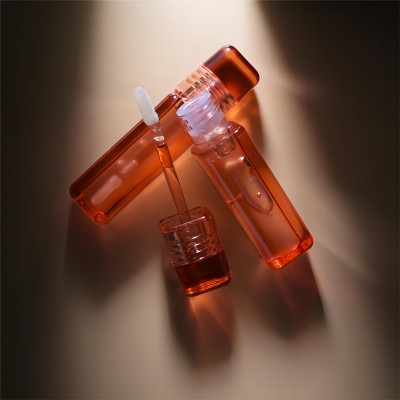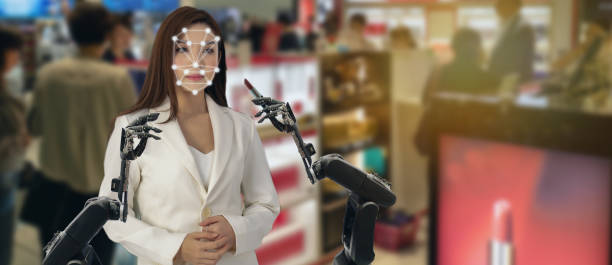Could AI Become the Gatekeeper of Custom Cosmetic Products?
In recent years, the fusion of cosmetics and artificial intelligence (AI) has become an unbreakable bond, marking a revolutionary shift in the beauty industry. The “AI+” trend is now a pivotal force driving transformations within cosmetic research and development. According to a report by InsightAce Analytic, the global AI cosmetics market is projected to reach $13.34 billion by 2030, with a remarkable compound annual growth rate (CAGR) of 19.7% from 2021 to 2030.
The Rise of AI in the Cosmetic Industry
AI’s integration into the cosmetic industry has ushered in a new era of personalized beauty solutions. From AI-driven skin analysis to virtual try-ons, AI technologies are redefining the consumer experience and product development. The ability to analyze vast amounts of data quickly and accurately allows companies to create tailored products that meet individual consumer needs with unprecedented precision.
Personalized Beauty Solutions
One of the most significant contributions of AI to the cosmetics industry is the ability to offer highly personalized beauty solutions. AI algorithms analyze a consumer’s skin type, tone, and specific concerns, recommending products that best suit their unique profile. This level of customization not only enhances customer satisfaction but also fosters brand loyalty, as consumers are more likely to stick with brands that understand and cater to their specific needs.
Virtual Try-Ons and Enhanced Customer Experience
Virtual try-on technology, powered by AI, has transformed the way consumers shop for beauty products. By using augmented reality (AR) and AI, customers can virtually test different makeup products and shades from the comfort of their homes. This interactive and immersive shopping experience not only boosts consumer confidence in their purchases but also reduces the likelihood of product returns, benefiting both consumers and retailers.
Streamlined Product Development
AI is also revolutionizing product development in the cosmetics industry. Traditionally, developing a new product involves extensive research, testing, and iterations. AI accelerates this process by analyzing consumer data, market trends, and scientific research to predict the success of new formulations. This not only shortens the development cycle but also increases the likelihood of creating products that resonate with consumers.
AI as the Gatekeeper
Given the rapid advancements and integration of AI in the cosmetic industry, it begs the question: Could AI become the gatekeeper of custom cosmetic products? The answer seems to lean towards a resounding yes. As AI continues to evolve, its ability to provide deep insights and facilitate the creation of highly personalized products will likely make it an indispensable tool for cosmetic brands. AI-driven customization ensures that products are not only effective but also precisely tailored to individual needs, setting a new standard for excellence in the beauty industry.
Challenges and Ethical Considerations
Despite the promising future, the rise of AI in cosmetics is not without challenges. Privacy concerns, data security, and ethical considerations regarding the use of AI must be addressed. Companies must ensure that they handle consumer data responsibly and transparently, building trust and safeguarding privacy.
Conclusion
AI’s role in the cosmetic industry is poised to grow exponentially, potentially becoming the gatekeeper of custom cosmetic products. Its ability to deliver personalized solutions, enhance the customer experience, and streamline product development makes it a powerful ally for beauty brands. As we move towards a future where AI and cosmetics are deeply intertwined, the possibilities for innovation and transformation are boundless. Embracing AI’s potential while addressing ethical concerns will be key to unlocking its full benefits in the realm of beauty and cosmetics.

